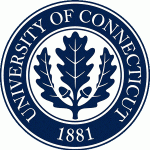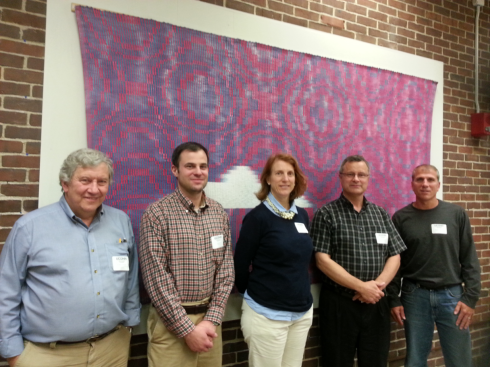On October 30 Professors Wi lliam Alpert and Mikhael Shor presented a workshop to 20 members of the Early College Experience faculty.
lliam Alpert and Mikhael Shor presented a workshop to 20 members of the Early College Experience faculty.
Early College Experience (ECE) is an opportunity for students to take UConn courses while still in high school. Every UConn ECE course is equivalent to the same course at the University of Connecticut. There are approximately fifty courses in over twenty disciplines made available to partner high schools. Courses are taught on the high school campus by high school instructors who have been certified as adjunct faculty members by the University of Connecticut.
The Economics Department now offers Connecticut High School students three introductory economics classes at almost 30 high schools throughout the state. The workshop highlighted Professor Shor introducing the teachers to current thinking about behavioral economics and included discussions of best practices of integrating the political landscape into economic study, the economics of migration and immigration, the distributions of income and wealth, and current thinking about macroeconomics and money.
During the last decade ECE has grown to over 11,000 FTE students and from 2 economics instructors to 25. Professor Alpert is the ECE Economics Department Coordinator.








